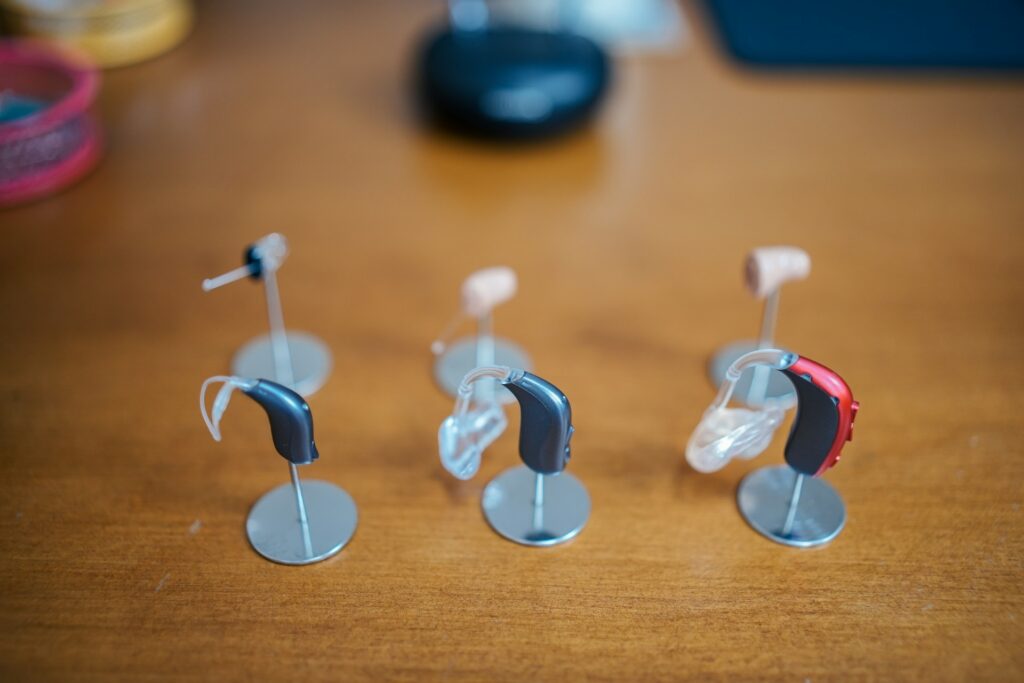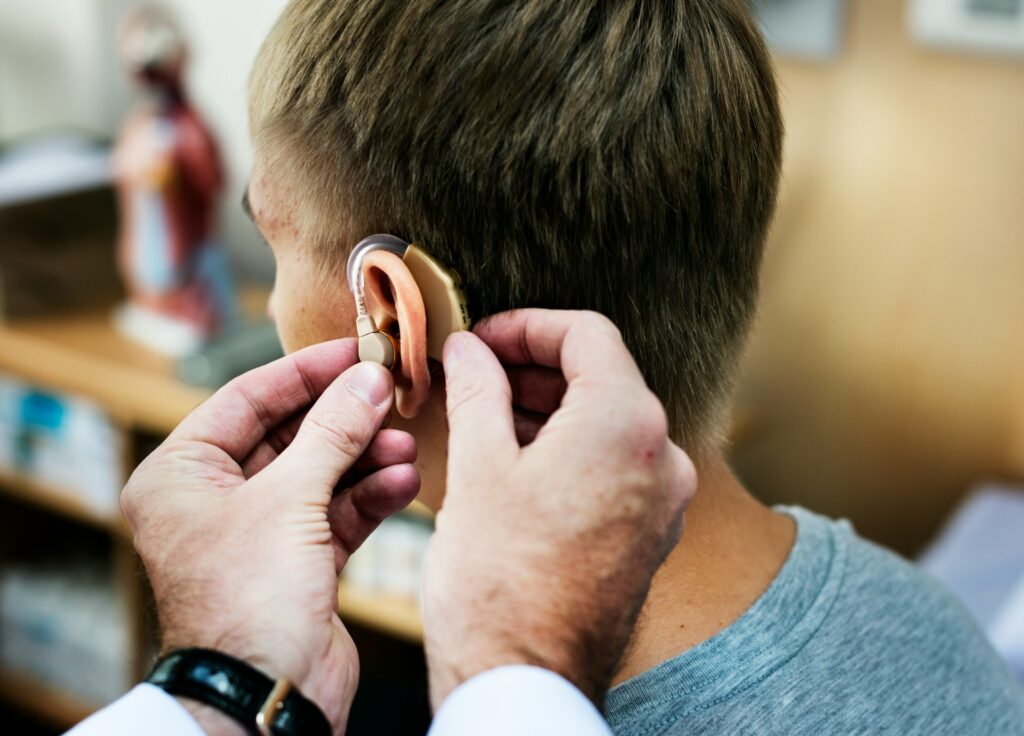Tinnitus can turn peaceful nights into frustrating battles with noise. That constant ringing or buzzing doesn’t just disrupt your sleep cycles; it affects how you feel mentally and physically. While insomnia and tinnitus may seem unrelated, they often go hand in hand, creating a cycle that’s hard to break.
Sleep trouble makes dealing with tinnitus more challenging, leading to feeling tired and less focused during the day. It’s important to understand the psychological impact tinnitus can have on your overall sleep quality. This knowledge is the first step towards taking control and improving your rest.
Integrating small changes into your night routine can make a big difference. From practicing relaxation exercises to understanding the role of a calming bedtime environment, there are practical strategies that can help ease you into a better night’s sleep. Recognising when to seek professional help is also crucial in managing symptoms effectively.
Understanding Tinnitus and Sleep
Tinnitus, the perception of noise or ringing in the ears, can seriously disrupt sleep cycles. This constant noise might keep your brain alert, making it hard to fall asleep or stay asleep. For some, the quiet of the night can make these sounds seem even louder, causing restlessness and interrupted sleep. As it’s often more noticeable at bedtime, tinnitus can delay the onset of sleep, leading to an inconsistent sleep pattern.
There is a well-known link between insomnia and tinnitus. People with tinnitus often experience difficulties falling or staying asleep, leading to insomnia. Insufficient sleep can further worsen tinnitus symptoms, creating a challenging cycle. This connection can be a source of ongoing frustration and fatigue.
The psychological impact of tinnitus on sleep quality can be significant. Persistent ringing or buzzing can lead to increased anxiety, stress, and feelings of helplessness. Over time, the mental strain of dealing with these symptoms can affect overall sleep quality, leaving you feeling exhausted and irritable during the day.
Addressing how tinnitus affects sleep is crucial for improving both mental and physical well-being.
Techniques to Manage Tinnitus at Night
Several techniques can help manage tinnitus at night, promoting better sleep. Relaxation exercises can be particularly effective. Deep breathing, meditation, or progressive muscle relaxation can calm the mind and prepare the body for sleep. These exercises help shift focus away from tinnitus, reducing its impact on your sleep.
Sound therapy devices, like white noise machines or apps, can also be beneficial. These devices produce soothing sounds, such as ocean waves or gentle rain, that can mask the ringing in your ears. This masking makes tinnitus less noticeable, helping you drift off to sleep more easily.
Establishing a bedtime routine can make a big difference. Simple habits like going to bed at the same time every night, keeping the bedroom dark and cool, and avoiding screens before bed can significantly improve sleep quality.
A consistent routine signals to your body that it’s time to wind down, making it easier to manage tinnitus distractions. These techniques encourage a more restful night’s sleep, providing relief from the ongoing challenges of tinnitus.
Lifestyle Changes to Improve Sleep
Making specific lifestyle changes can significantly improve your sleep when dealing with tinnitus. Diet and exercise play an important role in managing symptoms. Eating a balanced diet rich in fruits, vegetables, whole grains, and lean proteins can help reduce inflammation and enhance overall health, potentially easing tinnitus symptoms. Regular exercise improves blood flow and reduces stress, making falling and staying asleep easier.
Controlling your sleep environment is another effective strategy. Keeping your bedroom cool, dark, and quiet helps create a restful atmosphere conducive to sleep. Use blackout curtains to block out light, and consider a fan or air purifier to keep the room at a comfortable temperature while providing soothing background noise.
Managing stress is crucial for reducing the impact of tinnitus on sleep. Stress can exacerbate tinnitus symptoms, making them more intrusive at night. Simple stress management techniques include practicing meditation, engaging in hobbies, or spending time outdoors.
Taking a few moments each day to relax can help you manage stress effectively, promoting better sleep quality despite tinnitus challenges.
Seeking Professional Help
Sometimes lifestyle changes and home techniques are not enough, and seeking professional help becomes necessary. It’s important to know when to consult a specialist. If tinnitus severely affects your sleep or causes significant distress, a hearing professional or sleep specialist can provide guidance and support tailored to your condition.
Several treatment options exist for sleep-related tinnitus. Cognitive behavioural therapy (CBT) helps change negative thought patterns about tinnitus and improve sleep hygiene. Sound therapy, prescribed by professionals, customises sounds that can aid in masking tinnitus.
In some cases, medications or specialised hearing devices are recommended to help manage symptoms more effectively.
Ongoing professional support offers numerous benefits. Regular check-ins with a specialist ensure that your treatment plan remains effective and adaptable to any changes in your condition.
They provide a chance to explore new advancements in tinnitus management and access to expert advice. This ongoing relationship can enhance your quality of life, giving you the confidence to tackle tinnitus-related challenges head-on.
Conclusion
Living with tinnitus doesn’t mean giving up on quality sleep. By understanding how tinnitus affects your rest and implementing effective management techniques, you can significantly improve your sleep experience. Lifestyle changes, professional support, and practical night-time strategies can help minimise the impact of tinnitus, allowing for more restful nights.
At Country Hearing Care, we offer expert guidance and tailored solutions for managing tinnitus. Our dedicated team helps you achieve the restful sleep you deserve, using personalised approaches that fit your lifestyle and needs.
Visit our Australian hearing clinic to explore how we can support your journey towards better sleep and overall well-being!










